computing
Latest
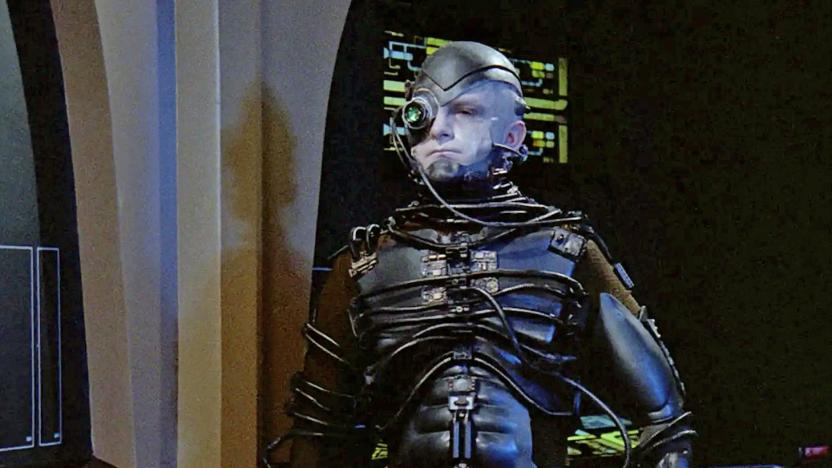
Researchers fuse lab-grown human brain tissue with electronics
In a story ripped from the opening scenes of a sci-fi horror movie, scientists have bridged a critical gap between the biological and electronic. The study details a “hybrid biocomputer” combining lab-grown human brain tissue with conventional circuits and AI.
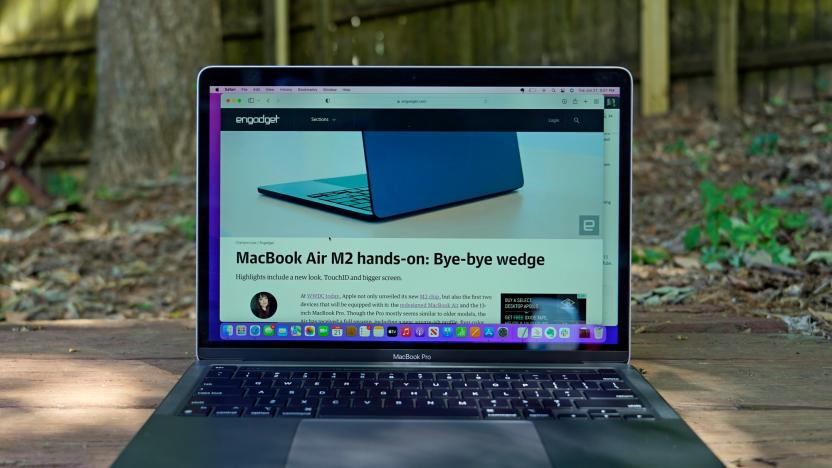
Apple's entry-level 13-inch MacBook Pro M2 may have slower SSD speeds than the M1 model
Apple's 13-inch 256GB MacBook Pro M2 may have worse SSD performance than the equivalent M1 model.

Researchers build the fastest laser-based random number generator
A new random number generator that uses a micro laser developed by researchers at NTU Singapore is a hundred times faster than computer-based systems.
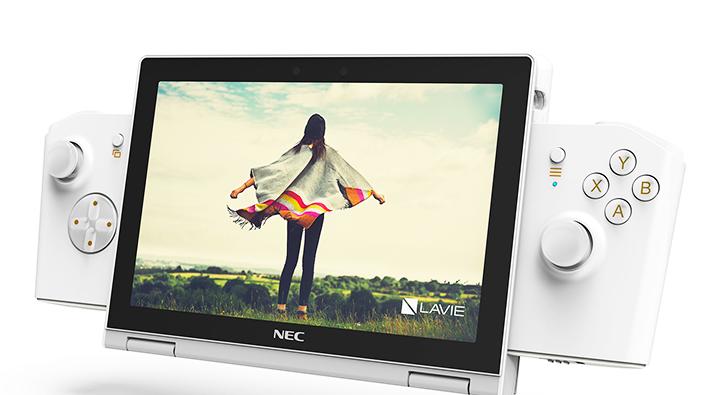
The Lavie Mini is a modern netbook that doubles as a game console
Enter the NEC Lavie Mini: a sort of modern take on the classic netbook that, with the right accessories, doubles as a Switch-style game console. The jury’s still out on how usable the Lavie Mini will actually feel because — again — it only exists as a protoype right now.
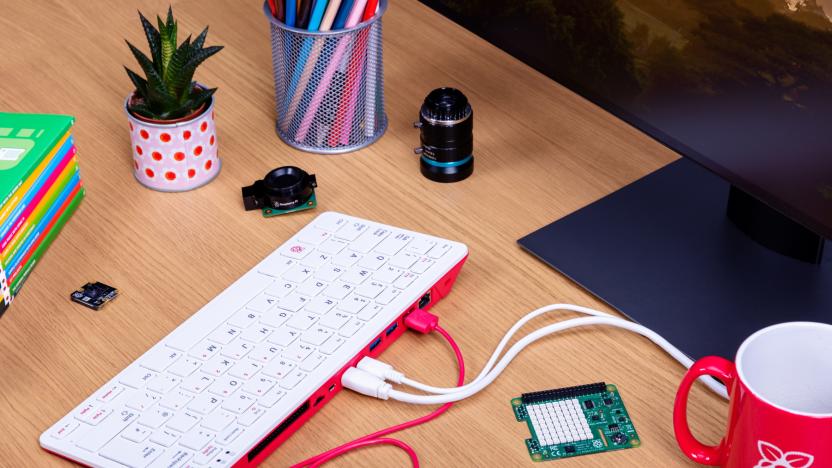
The Raspberry Pi 400 is a $70 keyboard that's also a computer
Now, it’s going one better with the launch of the Raspberry Pi 400 — a complete personal computer built inside a 78-key keyboard that starts at $70.
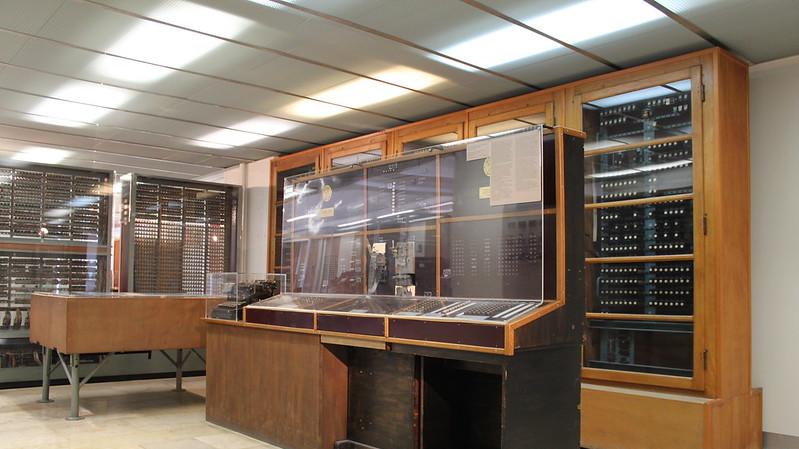
Researchers found the manual for the world's oldest surviving computer
It should give them a better understanding of how the Z4 works.

White House budget proposal would hike AI and quantum funding by 30 percent
A White House proposal for the 2021 budget would raise funding for AI and quantum computing by 30 percent.

Code compiler pioneer Frances Allen dies at 88
Frances Allen, who helped invent the code compiler and parallel computing, has died at the age of 88.
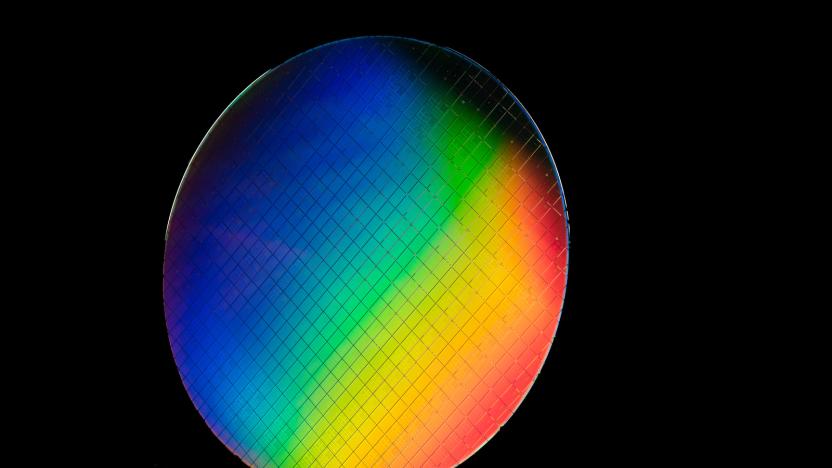
Intel's 'hot' qubits could lead to more advanced quantum computers
Intel and QuTech have successfully controlled qubits that don't need to be chilled to the very edge of absolute zero.

Amazon offers quantum computing on its AWS servers
Quantum computing is arguably the next major milestone for tech companies, but unless you're the likes of Google or IBM, it's a fairly costly endeavor. But Amazon -- which up until now has been pretty quiet on the quantum front -- has plans to offer a quantum computing service to companies through the internet, thereby eliminating some of the costs and other challenges associated with pursuing the technology.

Google says it's achieved quantum supremacy
Google is standing by its claim that it's achieved quantum supremacy -- marking a major milestone in computing research. The company first made the claim back in September, and while disputed by competitors, Google's research paper has now been published in the scientific journal Nature.

Computer password inventor Fernando Corbato dies at 93
Computer security just lost one of its founders. Fernando "Corby" Corbato, credited with inventing the computer password, has died at the age of 93. The MIT researcher devised the concept of password-protected user accounts when establishing his Compatible Time-Sharing System, which let multiple people use a computer at the same time. It was just a matter of establishing "compartmentalization" and basic privacy, Corbato told the Wall Street Journal in a 2014 interview, but the move would help shape digital security going forward.

'Unprecedented' 3D magnetic interactions could change computing
The field of spintronics, or spin electronics, uses an electron's spin and its magnetic movement to encode instructions and other data. It's sometimes seen as an alternative to electronics, which relies on the electron's charge to encode data. While spintronics has the potential to increase data processing speeds, boost storage capacity and offer increased data resilience, it's been limited because physicists could only move the electrons -- or tiny magnetic particles -- around a single atomic layer. Now, researchers have found a way to move information from magnets in one layer to magnets in another. They hope the discovery will lead to new possibilities for data storage and computing.
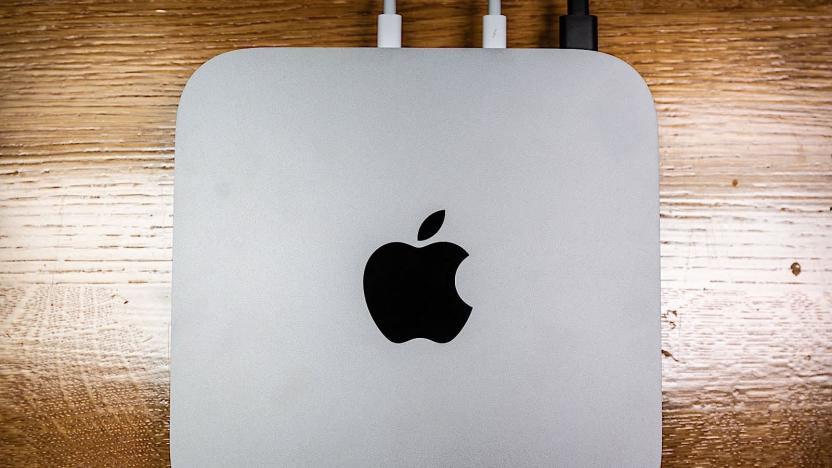
Apple Mac Mini review (2018): A video editor’s perspective
The Mac Mini has had a rough few years. Its last update, in 2014, was disappointing. After offering quad-core CPUs on the 2011 and 2012 editions, the 2014 model was stuck with a dual-core CPU. This meant it was actually slower at some tasks than the computer it was supposed to replace. Add in the fact that aside from storage it was not upgradable, and you had a computer that left a lot of users unhappy. Amazingly, until last month the 2014 Mini was still available on Apple's web store for $500. The lack of updates over the past four years left a lot of us wondering if we'd ever see a new model. Fortunately, Apple has rectified the situation with the 2018 Mini. This new model retains the unibody design that we loved on the 2014 edition but sports a sleek space-gray color -- a first for the Mini line. (It's also now made entirely from recycled aluminum, as is the new MacBook Air.) With vastly improved components, the Mini is now a viable competitor in the compact-desktop market. And it does have competition. In the past four years, micro PCs have vastly improved, and most of the major manufacturers now offer a tiny Windows machine. Still, I was impressed with the Mini's performance, and it's the cheapest way to get a macOS machine. Despite this, the 2018 Mini has a few flaws that will probably keep it from being the best choice for most people.

Watch the Google Cloud Next keynote in under 13 minutes
With the Google Next 2018 conference -- the I/O for cloud computing -- now underway in San Francisco, the company spent some time Tuesday morning crowing over its most recent cloud-based accomplishments and explaining where the platform will be expanding in the future. Diane Greene, CEO of Google Cloud, took the stage to announce that this year's conference is the "biggest Google event ever" with more than 20,000 registered attendees.
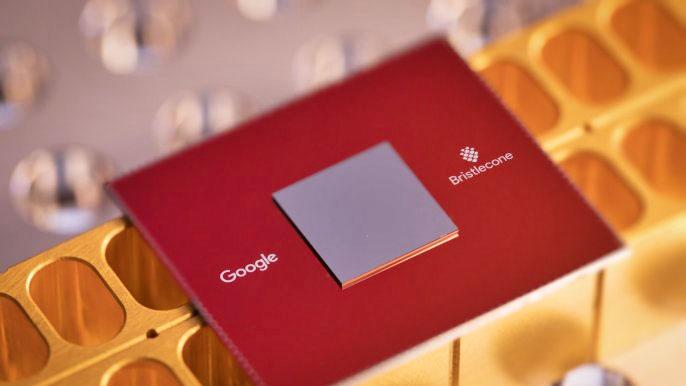
Google backs its Bristlecone chip to crack quantum computing
Like every other major tech company, Google has designs on being the first to achieve quantum supremacy -- the point where a quantum computer could run particular algorithms faster than a classical computer. Today it's announced that it believes its latest research, Bristlecone, is going to be the processor to help it achieve that. According to the Google Quantum AI Lab, it could provide "a compelling proof-of-principle for building larger scale quantum computers."
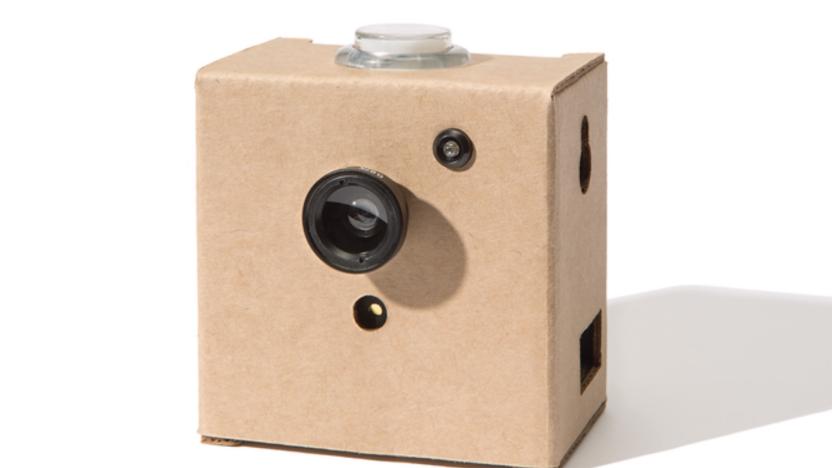
Google caters to the DIY crowd with an AI camera kit for Raspberry Pi
Google created its AIY Projects initiative -- "artificial intelligence yourself" -- to encourage developers and DIY enthusiasts to learn about artificial intelligence. The first project in the series, the ready-to-assemble Raspberry Pi-based AIY Voice Kit, was based on a project from MagPi magazine. Now Google has a second project ready for release this year: the AIY Vision Kit.
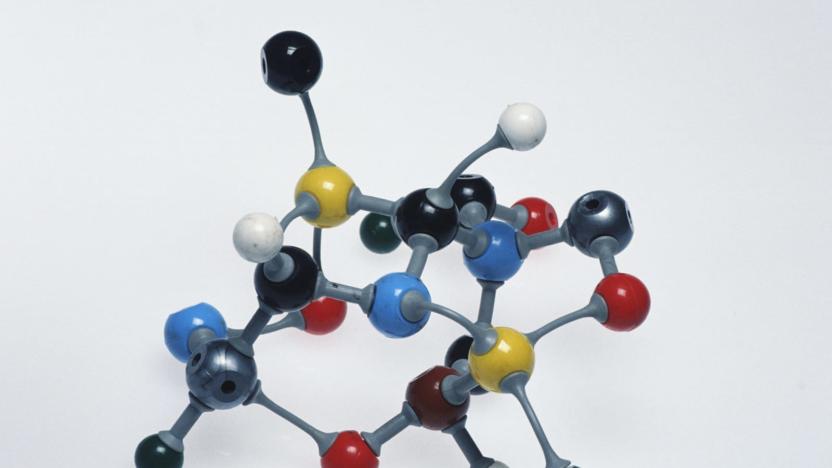
IBM's simulated molecule could lead to drug and energy advances
IBM's quantum computer has made a small advance that could ultimately lead to a major chemistry breakthrough. A team of IBM researchers has successfully used IBM Q to accurately simulate the molecular structure of beryllium hydride (BeH2), the largest molecule ever to be simulated by a quantum computer to date. This is pretty important, because simulating any molecule on a quantum level is no easy task, never mind a big one.
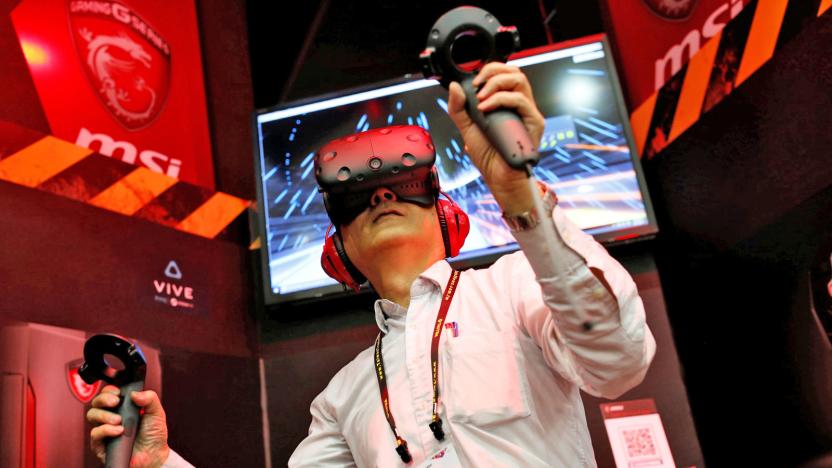
NVIDIA's upcoming tool will analyze your VR setup
The setup for your HTC Vive or Oculus Rift VR headset can make the difference between soaring or puking, but how can you tell if it's good? NVIDIA is going to release a new tool called the FCAT VR that will take some of the guesswork out of system testing. It tracks four key metrics that can lead to high latency, stuttering and other issues: frame time, dropped frames, warp misses and synthesized frames.

Raspberry Pi has now sold 10 million computers
There's no doubt about it: the Raspberry Pi has changed the game for tech hobbyists and tinkerers alike. In four and a half years, we've seen the company expand its line-up to cater for smaller budgets, incorporate more features into its computing boards and inspire kids all over the world to get into coding. In February 2015, Raspberry Pi Foundation CEO Eben Upton confirmed 5 million units had been sold -- today, he announced that figure has doubled. That's right, 10 million Raspberry Pis have been now shipped to customers all over the world.










